InvestigateWest
Editor’s note: The article discusses sexual assault. “Guarded by Predators” is a new investigative series obtained through partnership with InvestigateWest, exposing rape and abuse by Idaho’s prison guards and the system that shields them. Find the entire series at investigatewest.org/guarded-by-predators.
Originally Posted: March 4, 2026
by Whitney Bryen, InvestigateWest
BOISE, Idaho — Spurred by InvestigateWest reporting that exposed sexual abuse by Idaho women’s prison staff, lawmakers are advancing legislation meant to close a gap in state law that makes it difficult to hold correctional officers accountable.
The state’s “sexual contact with a prisoner” law protects inmates from abuse only when staff touch the victim’s genitals or they’re made to touch the genitals of staff, omitting abuses such as kissing or groping. This falls short of federal Prison Rape Elimination Act standards, which prohibit all inappropriate touching and even suggestive comments or voyeurism by prison staff. Former prosecutors say the state’s narrow definition is partly why accountability for correctional officers accused of sexual abuse — even when a guard seemingly confesses to it — remains rare.
House Bill 696 would expand Idaho’s definition of sexual contact to include “any willful physical contact, over or under the clothing, when the physical contact is done with the intent of arousing, appealing to, or gratifying the lust, passion, or sexual desires of the actor or any other person.” The House Judiciary, Rules and Administration Committee voted unanimously to advance the bill during a hearing on Friday, Feb. 27, sending it to the full House for consideration. The House is expected to vote on the bill later this week. If it passes the House, the bill will still need to pass the Senate and be signed by the governor before being implemented.
The bill’s sponsor, Rep. Marco Erickson, R-Idaho Falls, said the proposal was prompted by a series of October reports by InvestigateWest exposing sexual abuse allegations against dozens of women’s prison guards — most of whom avoided criminal charges.
The investigation found 37 prison workers accused in the last decade of sexual misconduct toward incarcerated women. But only three of those prison guards were criminally charged with sexual contact, and just one received a prison sentence, which he avoided after serving a nine-month rehabilitation alternative offered by the Idaho Department of Correction.
Erickson’s bill aims to hold more correctional officers accountable and send a message that sexual interactions with inmates will not be tolerated.
“In my mind, these guys, or girls, are predators,“ Erickson told InvestigateWest about why he introduced the bill. “I don’t want to put more people in prison, but I want to deter them from doing this, and I think this is how we have to do that.”
 A view of the State Capitol reflected in the Joe R. Williams Building in Boise, Idaho on February 13, 2026. (Otto Kitsinger/InvestigateWest)
A view of the State Capitol reflected in the Joe R. Williams Building in Boise, Idaho on February 13, 2026. (Otto Kitsinger/InvestigateWest)
In 1993, Idaho made it a felony for correctional officers to have sexual contact with inmates, long before the U.S. Department of Justice developed its standards under the Prison Rape Elimination Act.
Incarcerated victims often go along with or reluctantly agree to sexual requests from guards because they’re afraid of what will happen if they say no. For that reason, federal and state laws say that inmates cannot consent to sexual contact and only require proof that the contact occurred.
Idaho’s law, written by a former Ada County deputy prosecutor, carries a maximum sentence of life imprisonment and lacks a mandatory minimum sentence, leaving penalties up to the judge’s discretion.
Erickson told lawmakers that Idaho Department of Correction Director Bree Derrick is in favor of the bill. In an email to InvestigateWest, the department said it does not comment on pending legislation. However, during a Board of Correction meeting on Wednesday, March 4, Tina Transue, the Department of Correction’s government relations advisor, supported the bill. Transue told InvestigateWest, “we’re excited that it gives us more teeth” and “brings us more in line with (the Prison Rape Elimination Act).”
Idaho State Police, the agency that investigates criminal allegations against prison staff, did not respond to messages from InvestigateWest seeking comment for this story. The bill’s expanded definition of sexual contact could result in more police investigations and prosecutions of accused prison workers.
During the Feb. 27 committee hearing, Rep. Chris Mathias, D-Boise, who supported the bill’s advancement, asked a question sent to him by a constituent: Would the bill make a hug between a guard and inmate a felony punishable by life in prison?
“No, that would not be the case,” Erickson said, “because a simple hug is not for the purpose of sexual gratification.”
Other state laws still make it illegal to touch the groin, inner thighs, buttocks, breasts or genital area of any person, including an inmate, without their consent. For those crimes against an inmate, guards can be charged with felony or misdemeanor sexual battery. But those charges rarely happen because unlike sexual contact with a prisoner, Idaho’s sexual battery laws don’t recognize the power that prison staff hold over the people in their custody and, therefore, require prosecutors to prove that the victim did not consent.
Andrea Weiskircher, who accused five prison workers of sexually abusing her while she was incarcerated, spoke at the hearing in support of the bill.
“Five individuals who were entrusted with complete authority over my life, my housing, my movement, my discipline, my safety, they use that authority to exploit and violate me,” Weiskircher told lawmakers. “Because of the way Idaho’s current laws are written none of my perpetrators will ever be held accountable. They are free. They are able to work in other correctional facilities, and as the law stands today, I will never see justice.”
In addition to Weiskircher, three Idaho women also urged lawmakers to pass the bill, including Boise attorney and women’s rights advocate Audrey Numbers, during last week’s hearing.
“Idaho incarcerates more women per capita than any state in the United States by a huge percentage, a great deal, yet we do not properly protect and care for the women who are incarcerated in Idaho,” Numbers said. “We need to do much more to protect and care for them. This bill is just at least a small step toward providing them some additional protection from exploitation and abuse by guards ostensibly hired to protect them.”
Joseph Filicetti, who penned the 1993 law as a “bright line” between illegal and permissible contact, is now a defense attorney who represented one of the guards charged with sexual contact with a prisoner. He said last year that the law as it stands doesn’t do enough to protect people in custody.
Erickson said the bill on its own does not go far enough to protect incarcerated people. He plans to address the state’s failure to properly investigate officers accused of sexually abusing the people in their care next year.
“This was the easiest, quickest fix, but next year there will possibly be some other things that make sure that the internal investigations are happening a little stronger,” Erickson said. “And Idaho State Police has indicated that they’re going to ramp up their efforts on that as well.”
Click here to follow the original article.
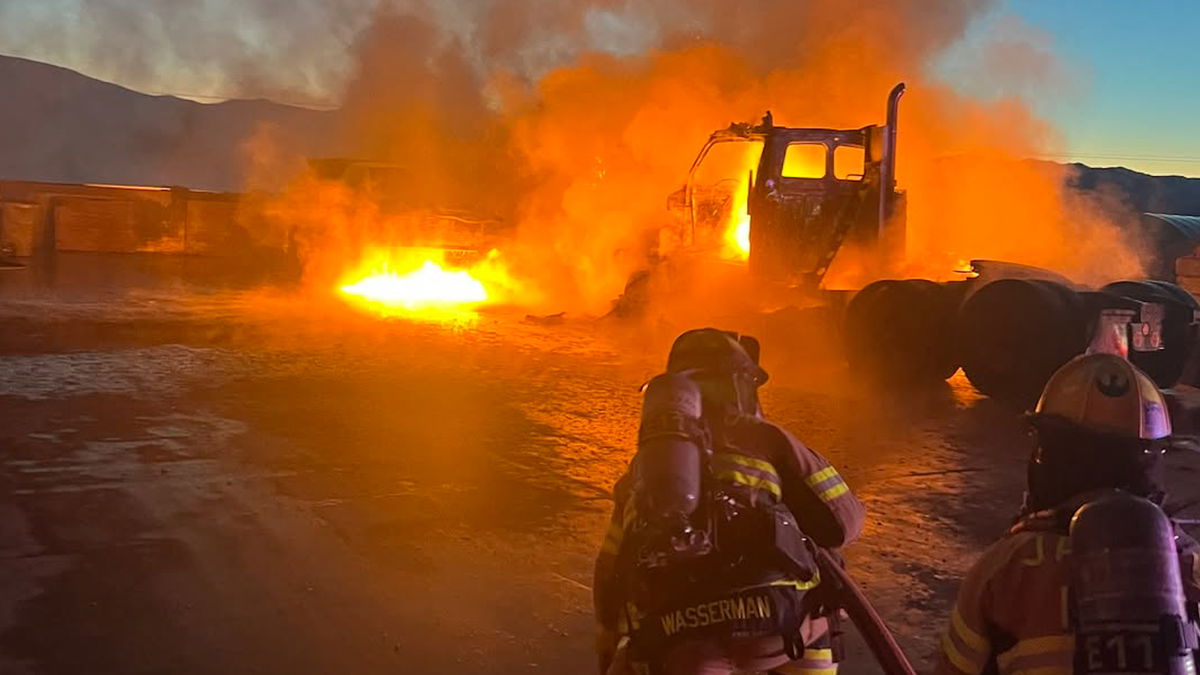




 The Snake River Cobras special needs squad (black jerseys) defeated Skyline’s boys and girls basketball team on Wednesday night.
The Snake River Cobras special needs squad (black jerseys) defeated Skyline’s boys and girls basketball team on Wednesday night.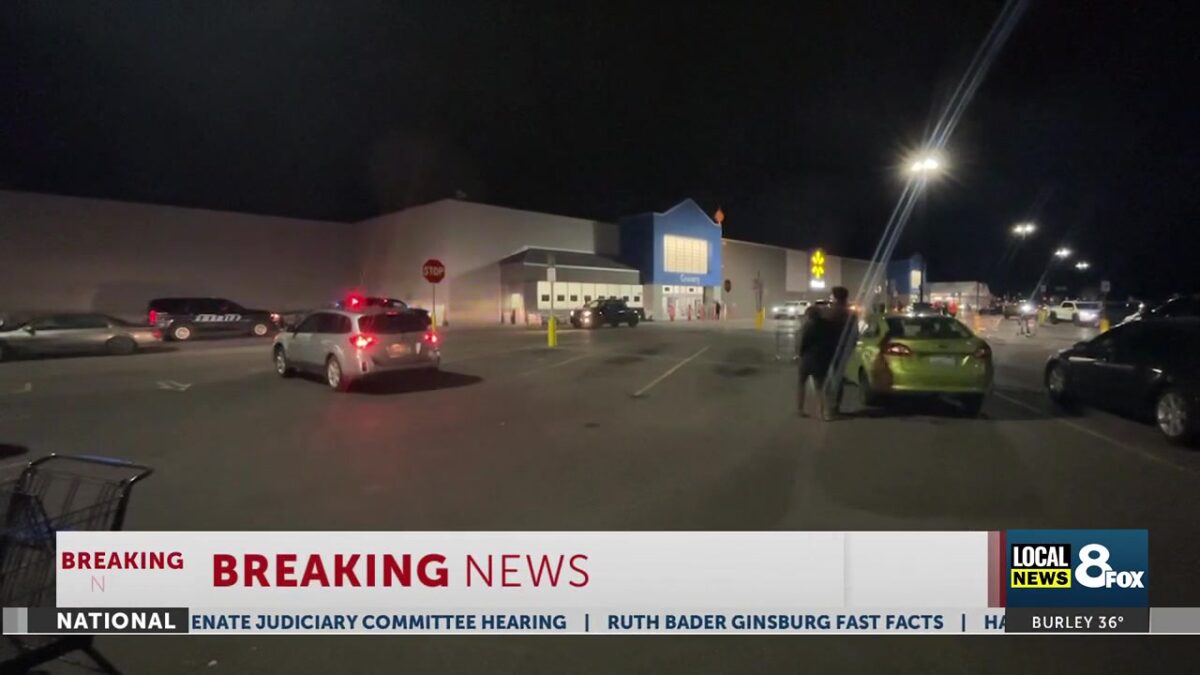
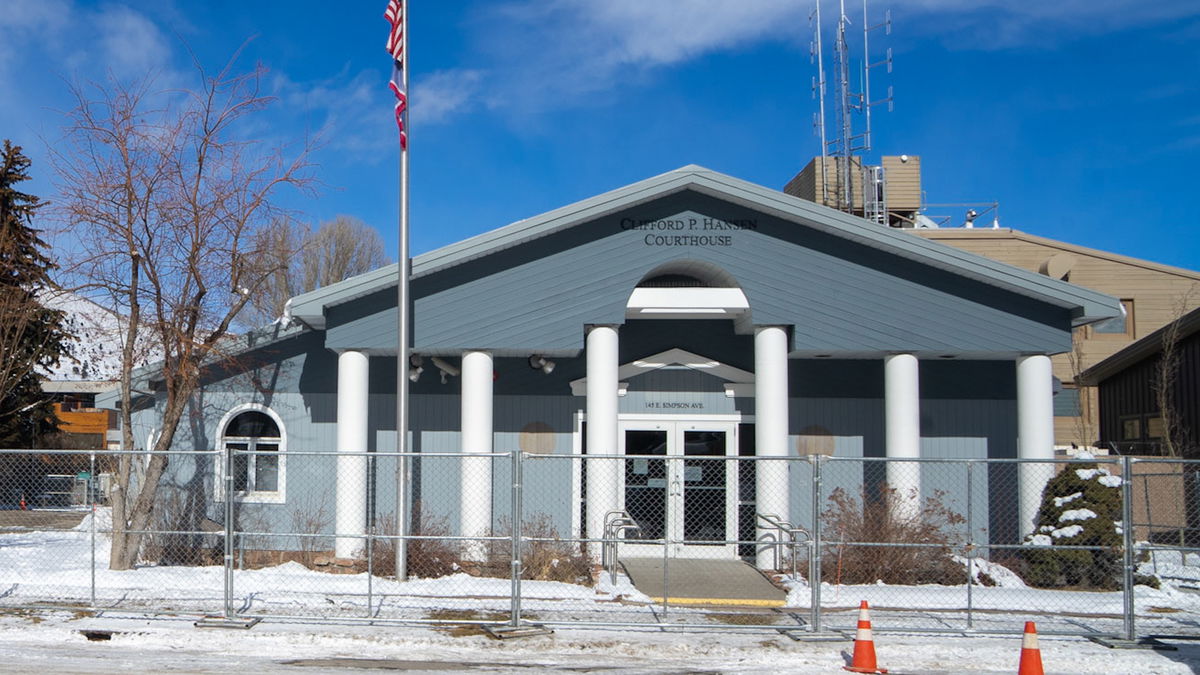
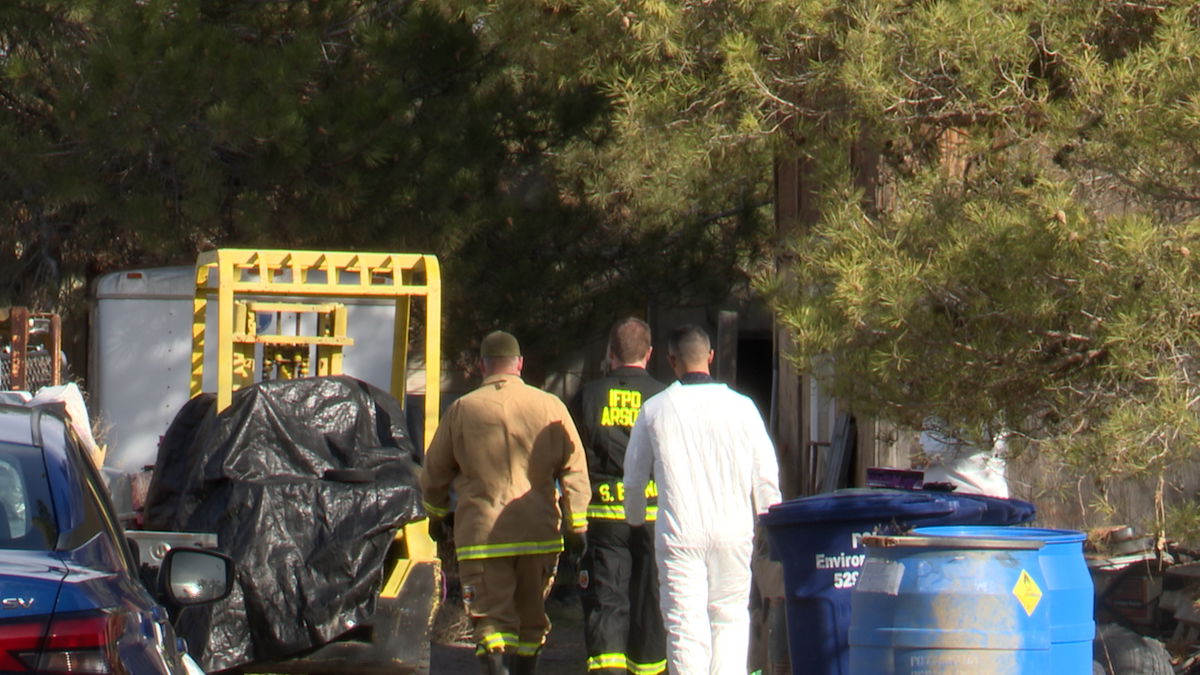
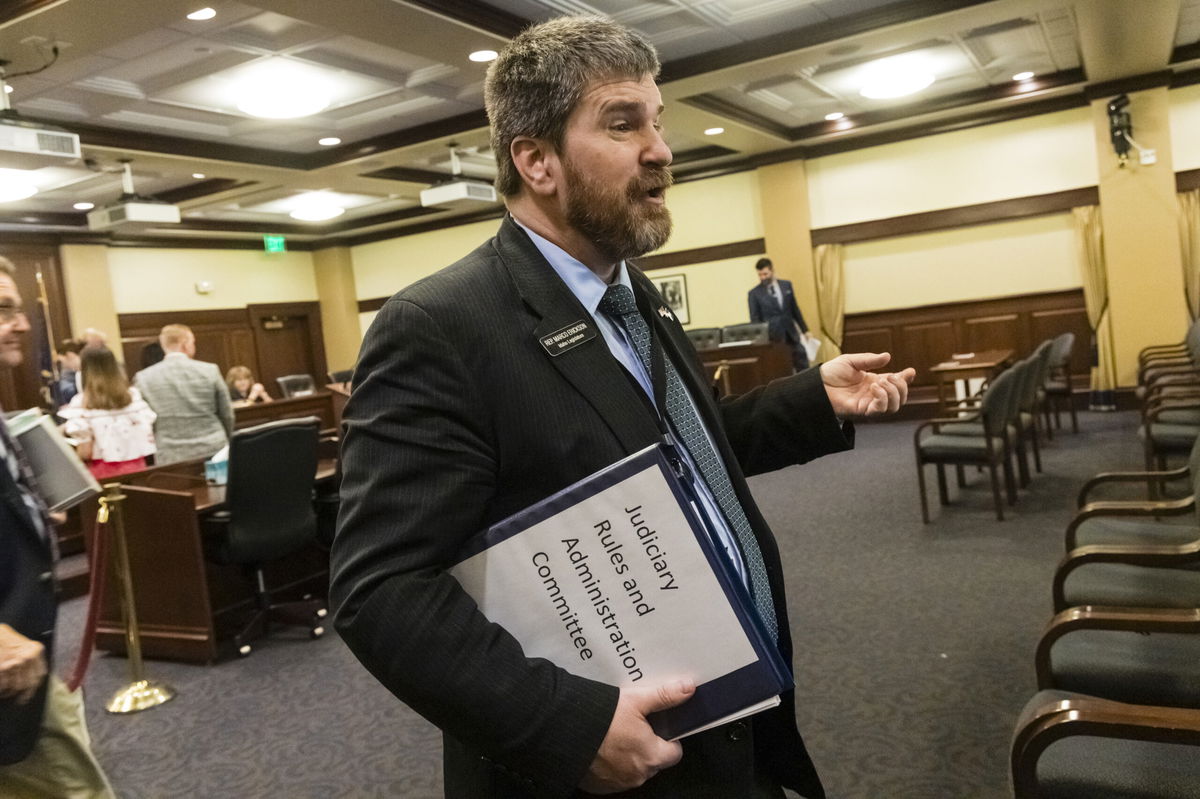
 A view of the State Capitol reflected in the Joe R. Williams Building in Boise, Idaho on February 13, 2026. (Otto Kitsinger/InvestigateWest)
A view of the State Capitol reflected in the Joe R. Williams Building in Boise, Idaho on February 13, 2026. (Otto Kitsinger/InvestigateWest)
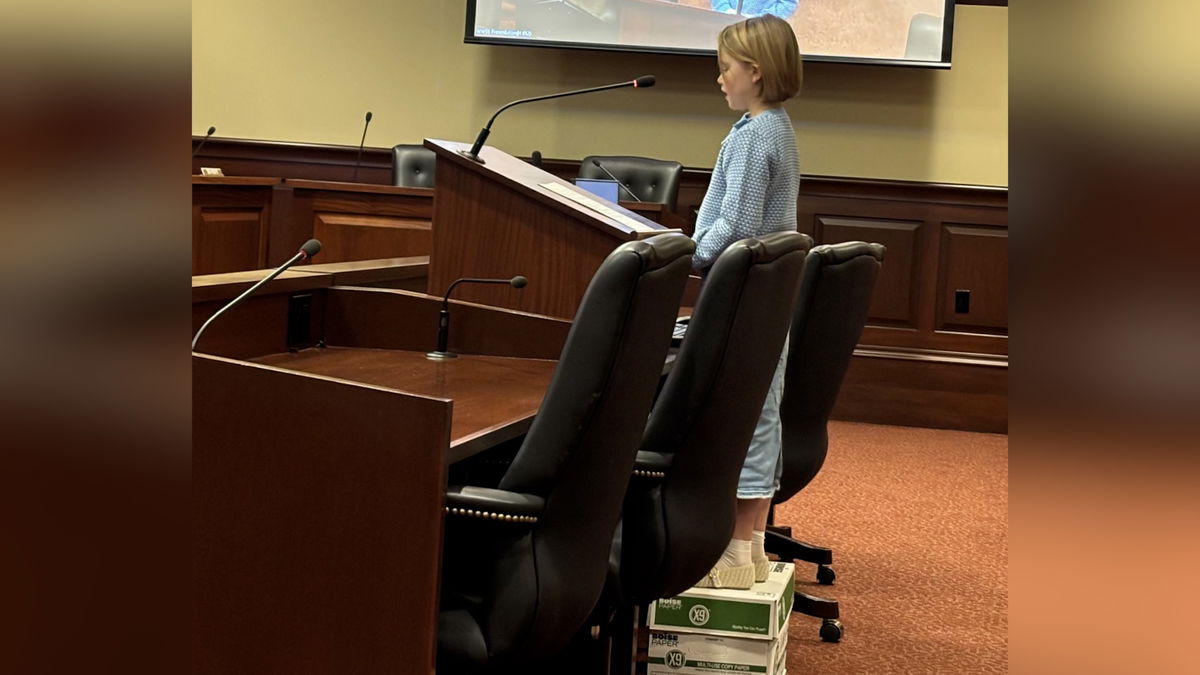
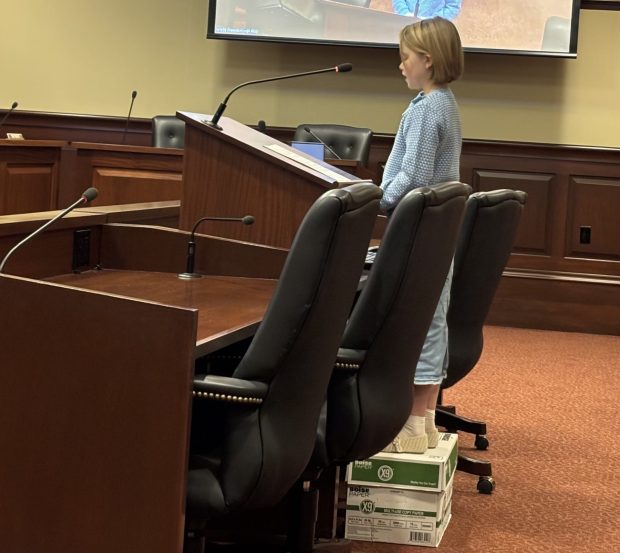 Twin Falls fourth grader Betty Grandy speaks to the Senate State Affairs Committee Wednesday. Her bill to make hunting Idaho’s official sport is now headed to the Senate for a final vote. (Kevin Richert/Idaho EdNews)
Twin Falls fourth grader Betty Grandy speaks to the Senate State Affairs Committee Wednesday. Her bill to make hunting Idaho’s official sport is now headed to the Senate for a final vote. (Kevin Richert/Idaho EdNews) Betty Grandy, 9, second from left, is flanked by her sister Margot, 7, and her parents, Neill and Diana. (Kevin Richert/Idaho EdNews)
Betty Grandy, 9, second from left, is flanked by her sister Margot, 7, and her parents, Neill and Diana. (Kevin Richert/Idaho EdNews)